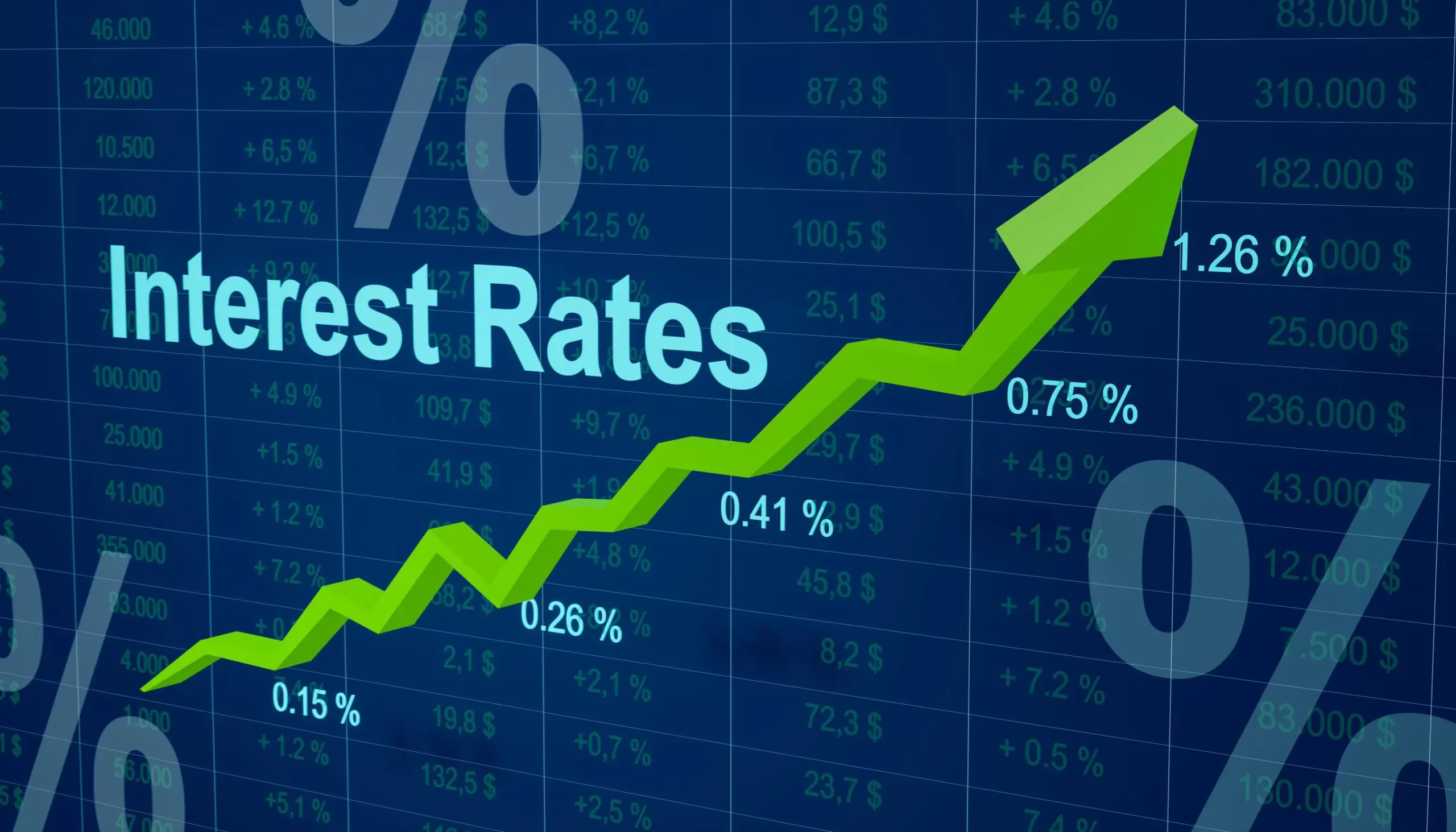Understanding Interest Rates How They Affect Your Loans and Investments

Interest rates are a key factor when it comes to your finances. They determine how much you pay on your mortgage, car and credit card debt as well as how much you earn on savings accounts.
When rates rise, it becomes more expensive for individuals to borrow money which can slow consumer spending. Meanwhile, higher rates encourage people to save by increasing the annual percentage yields (APYs) on their savings, checking and CD accounts.
How Interest Rates Affect Your Loans and Investments
Generally speaking, when interest rates rise it’s more expensive to borrow money (unless you have a 0% credit card or mortgage rate). This can impact your finances in various ways depending on the situation.
Typically, when the federal funds rate increases, it also elevates the discount rate that financial institutions use for short-term borrowing with one another, as well as mortgage loan and credit card annual percentage rates. Additionally, it influences savings account APYs and certificate of deposit rates.
Rising interest rates can dampen consumer demand and lower stock market prices in the long term, with stocks in the cyclical and industrial sectors falling the most as consumers spend less and pay more to finance their purchases. This can lead to slower economic growth and possibly a recession.
Interest Rates on Mortgages
Although the Federal Reserve doesn’t set mortgage rates, it does influence them. When the Fed raises its short-term interest rate, other rates follow suit, including the rate banks charge each other to borrow overnight (known as the Secured Overnight Finance Rate and the Constant Maturity Treasury).
In general, rising rates indicate a healthy economy with robust growth. Investors demand higher returns on investments when the economy is strong, so longer-term investments like bonds tend to rise.
When rates go up, prospective homebuyers have a harder time qualifying for mortgages. This can force them to buy a smaller house, search in another area or delay their purchase until prices and incomes stabilize. Rising rates also can crimp the spending power of those with mortgages, credit cards and other debt.
Interest Rates on Car Loans
As the Fed works to keep the economy running smoothly, it often increases its federal funds rate to protect against possible risks. This rate sets a benchmark for other borrowing rates like the prime rate that lenders use to calculate auto loan interest.
A car loan can be a large financial commitment. Those with good credit may qualify for lower interest rates. The length of the loan term and the amount borrowed can also affect your interest rate.
Higher interest rates can reduce demand for new vehicles and lead to lower resale values on used cars. This can cause borrowers to end up owing more on their loans than their vehicles are worth, a situation known as negative equity. The most important thing for consumers is to stay informed of current interest rates and what the future may hold.
Interest Rates on Credit Cards
Credit card interest rates are typically variable, meaning they can change based on market benchmarks and the factors that credit card issuers use to assess the risk of lending money to consumers. These include a borrower’s credit score, debt-to-income ratio and other information.
Most cards also offer a low, introductory rate that applies to balance transfers or purchases for a set period of time after the account is opened. This rate is usually lower than the regular APR and can be as low as 0%.
As a result, while the Fed may raise or lower rates for other loans and investments, the impact on credit card interest rates tends to be minimal unless you carry an outstanding balance. However, knowing how the central bank’s actions affect credit card interest rates can help you minimize any potential effects from future rate hikes.
Interest Rates on Investments
Figuring out interest can be complicated, but it’s important to understand how it affects your investments. Many banks and financial institutions offer mortgage, car loan and credit card interest calculators to help you get a better understanding of how your payments may change over time.
A real interest rate reflects the purchasing power of an investment or cost of borrowing after accounting for inflation. It can help you make more informed financial decisions when evaluating investment opportunities or planning for long-term goals like retirement.